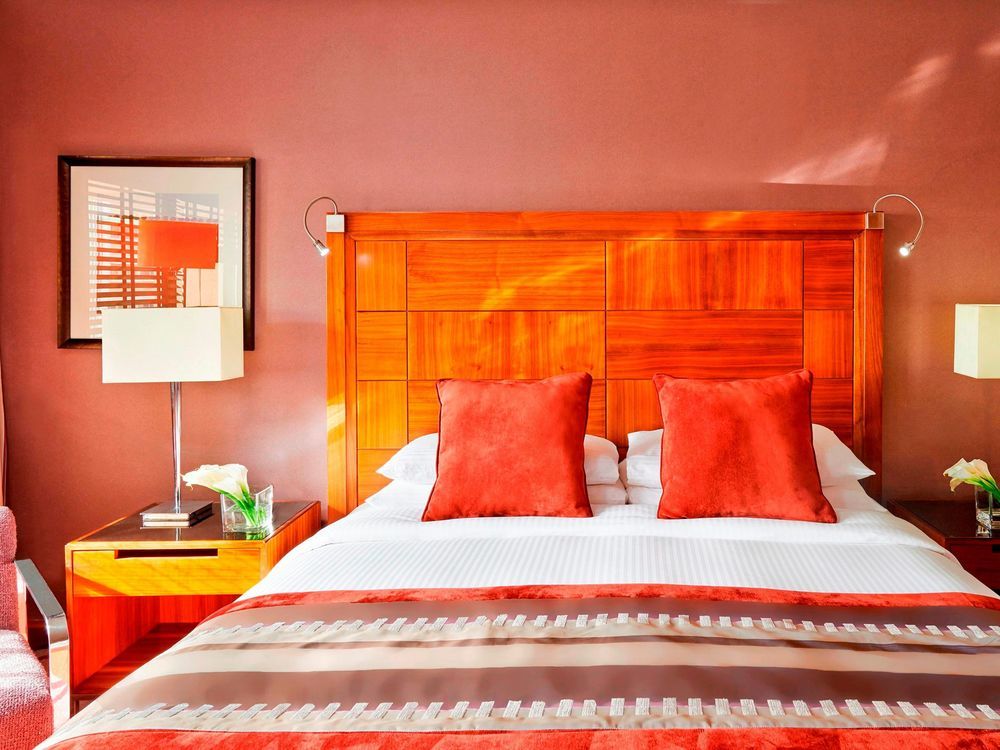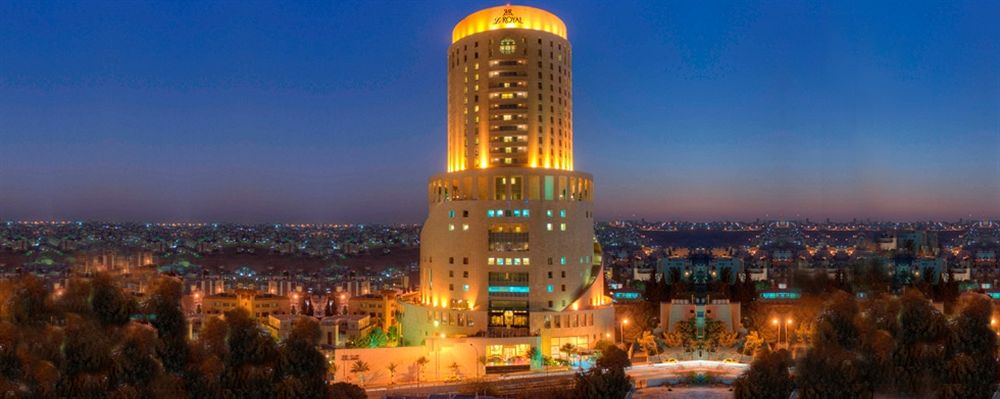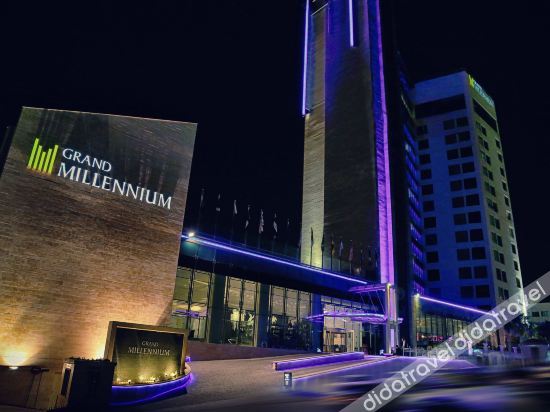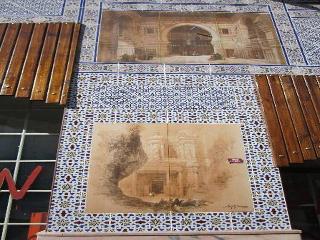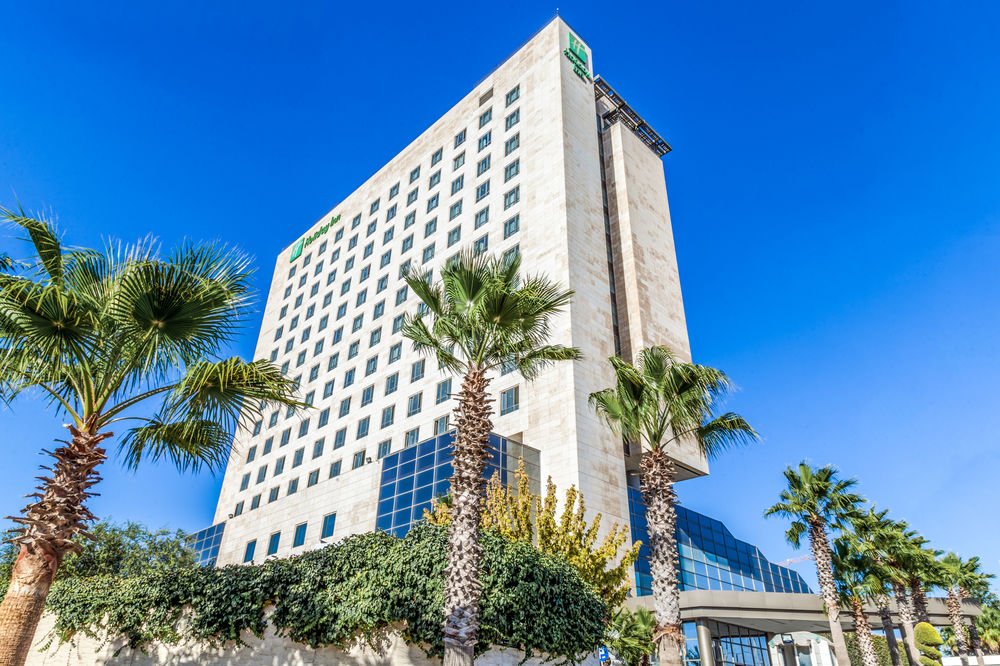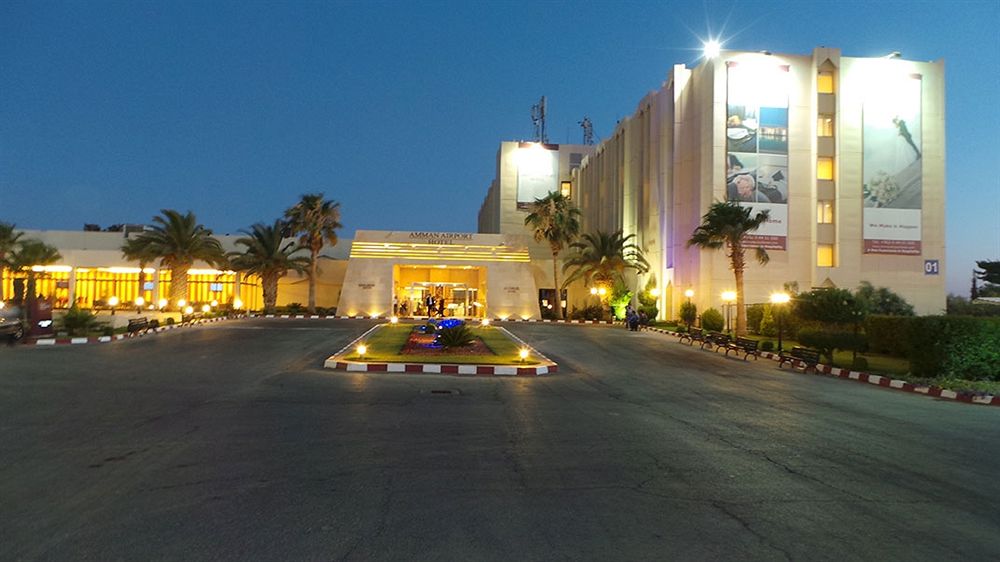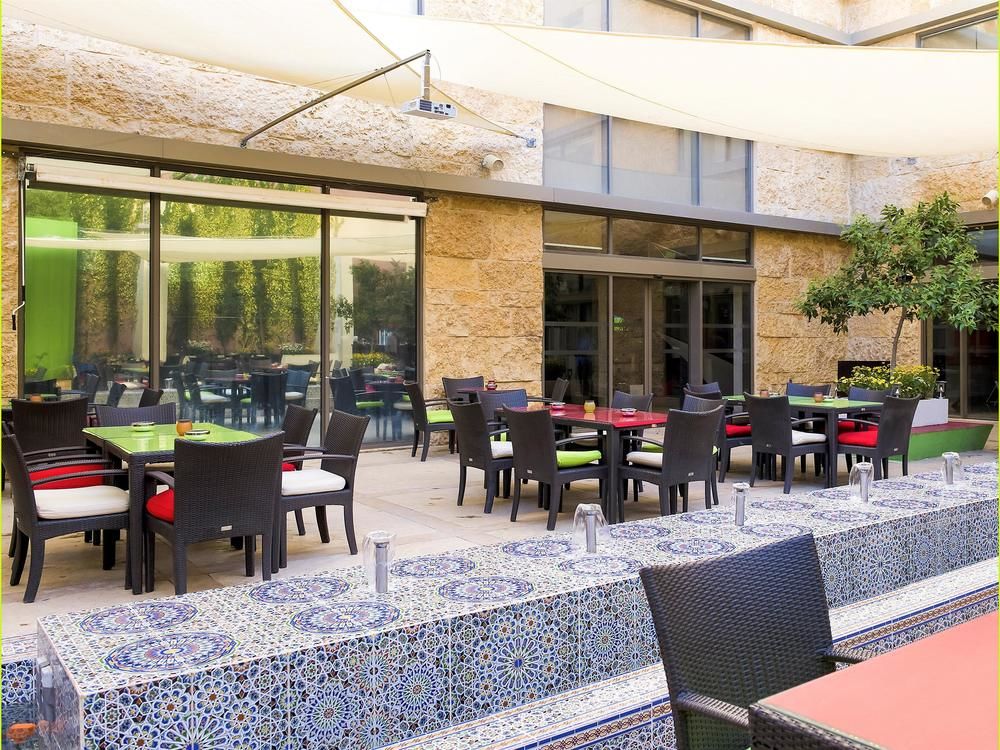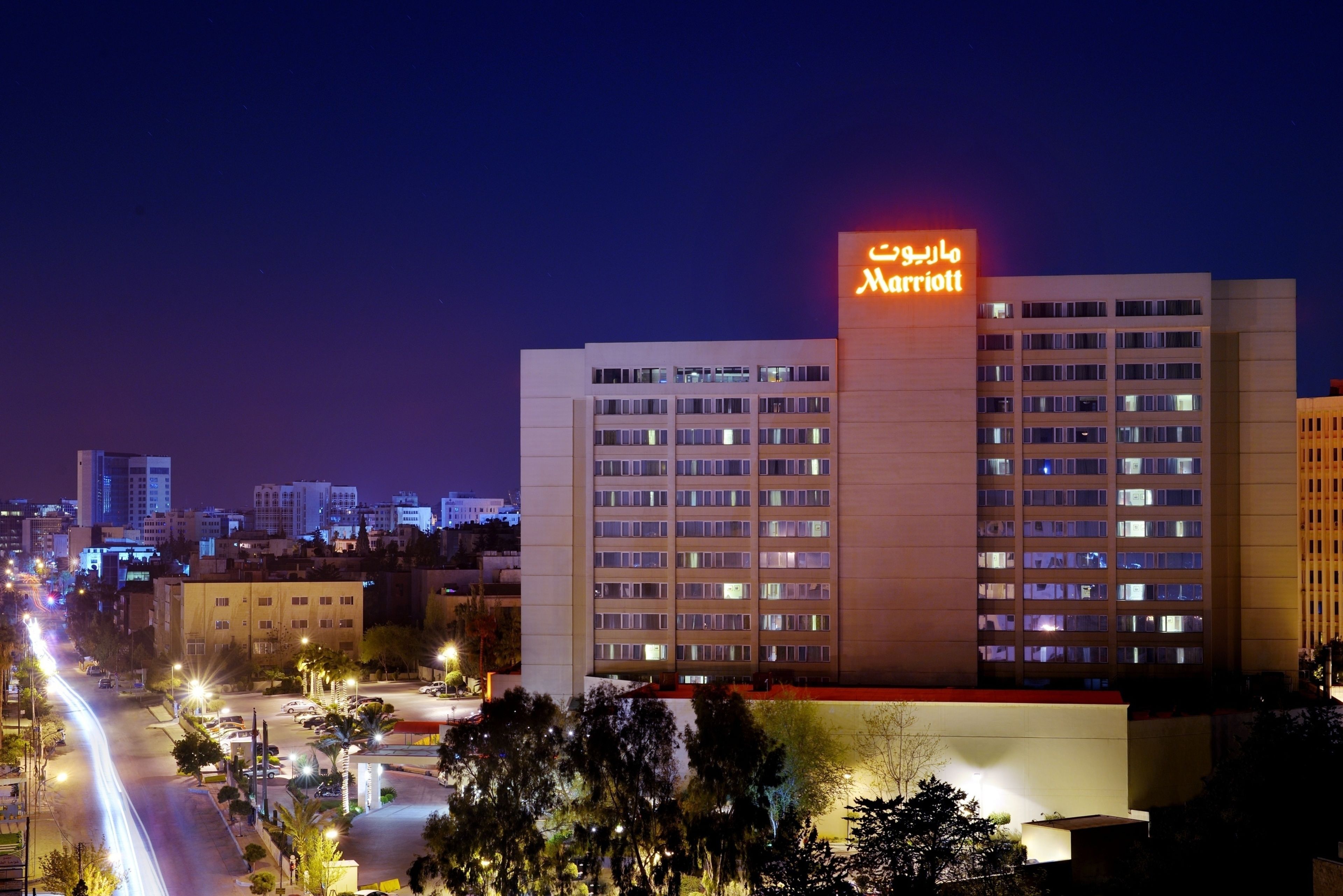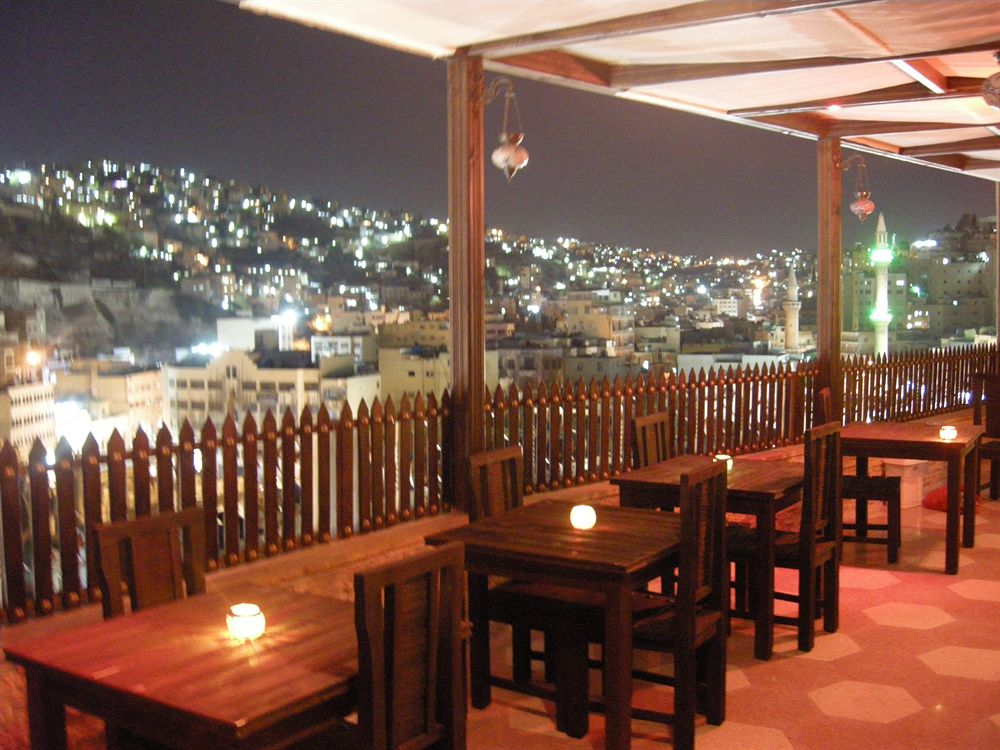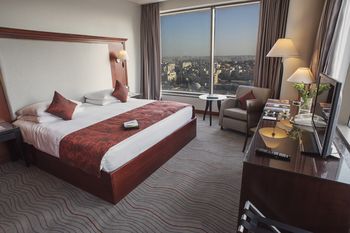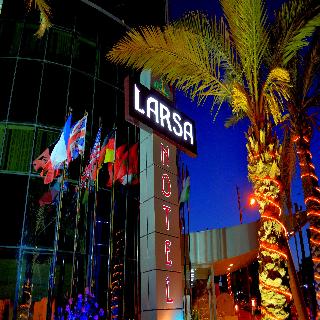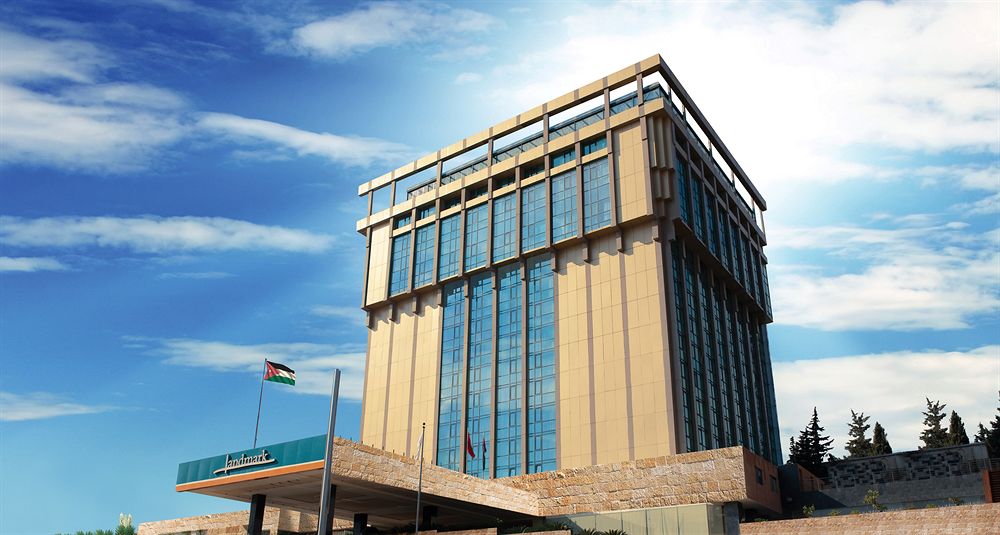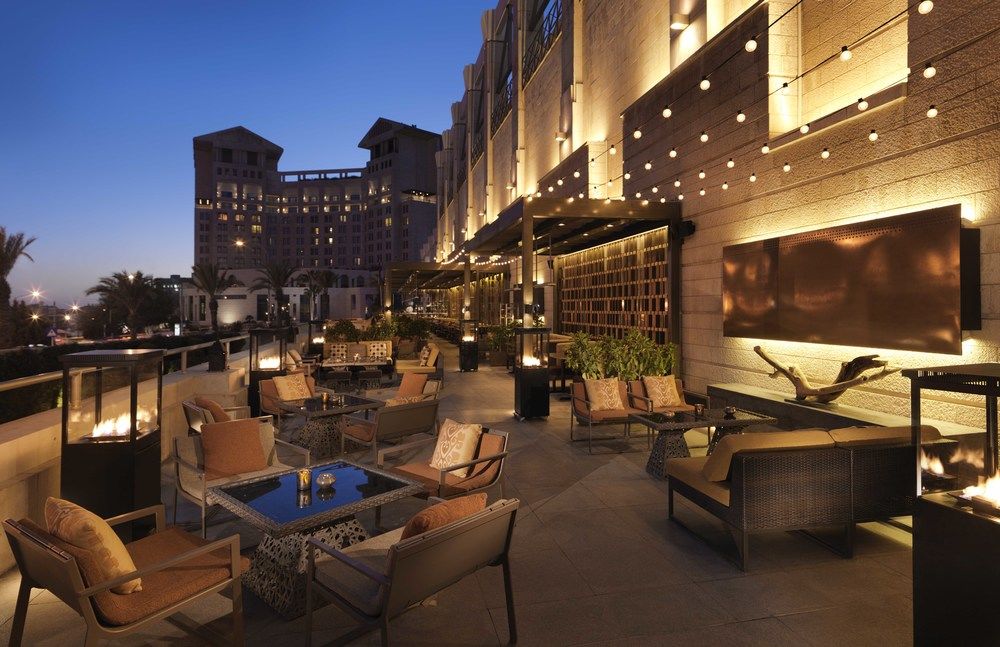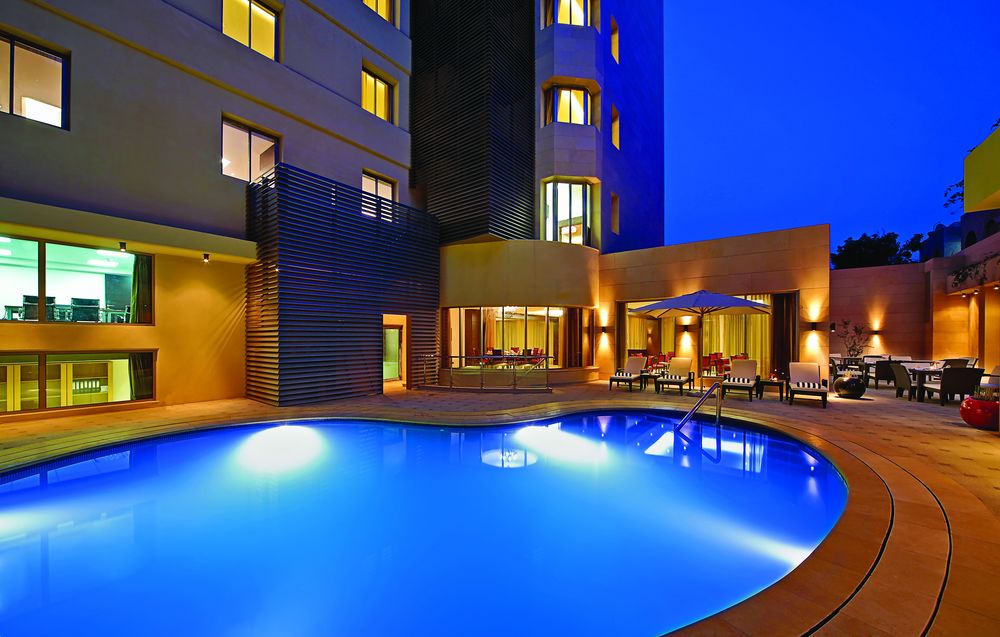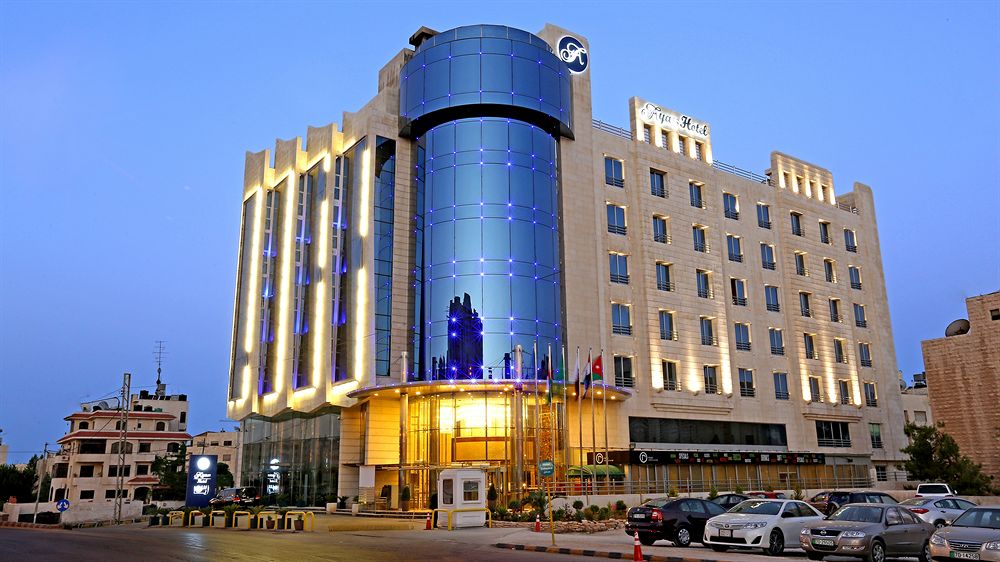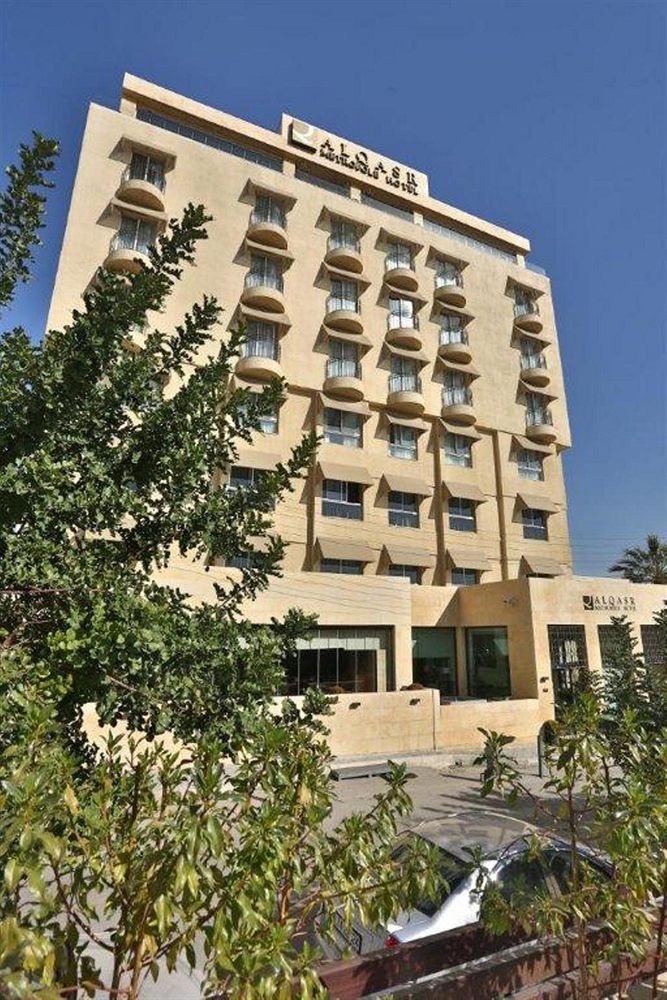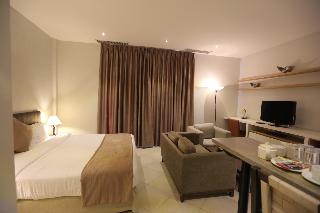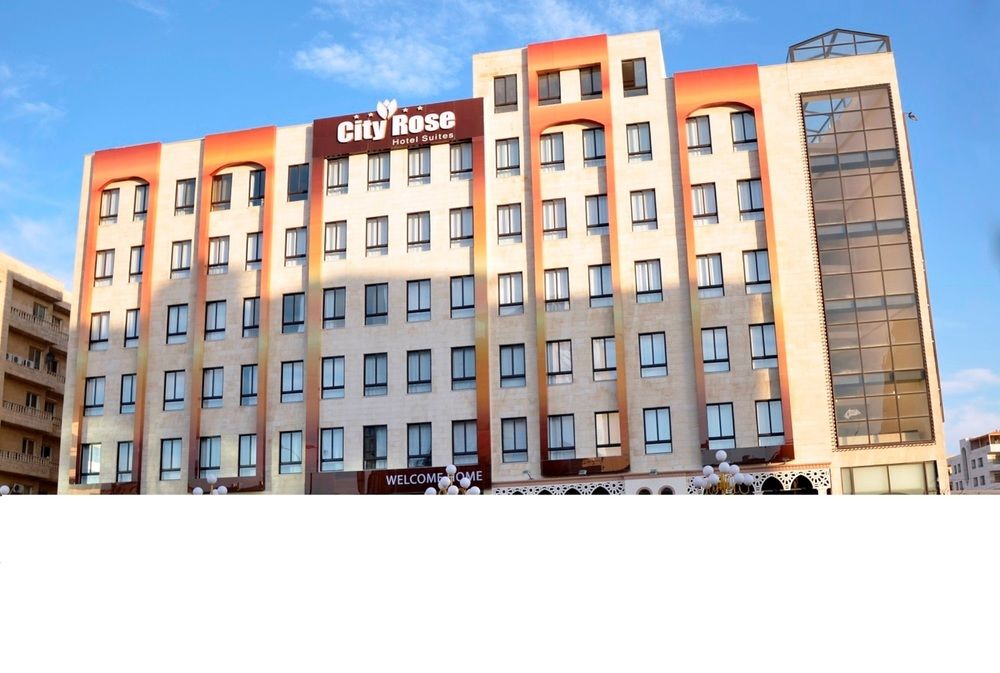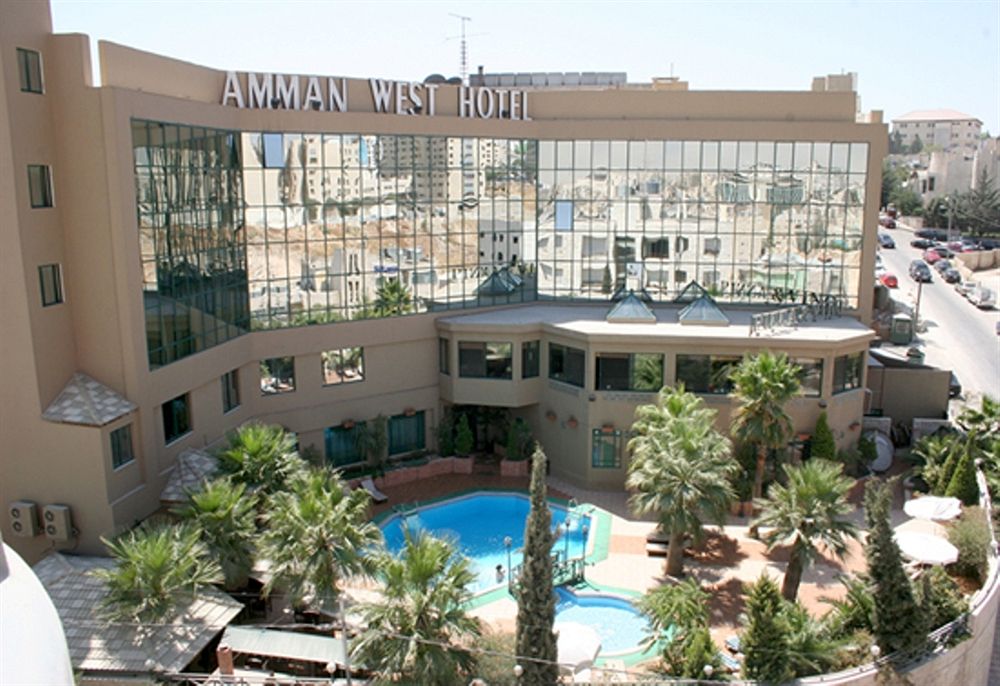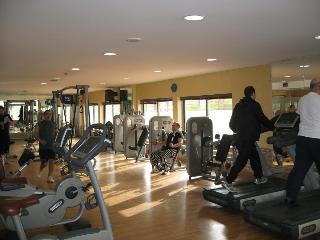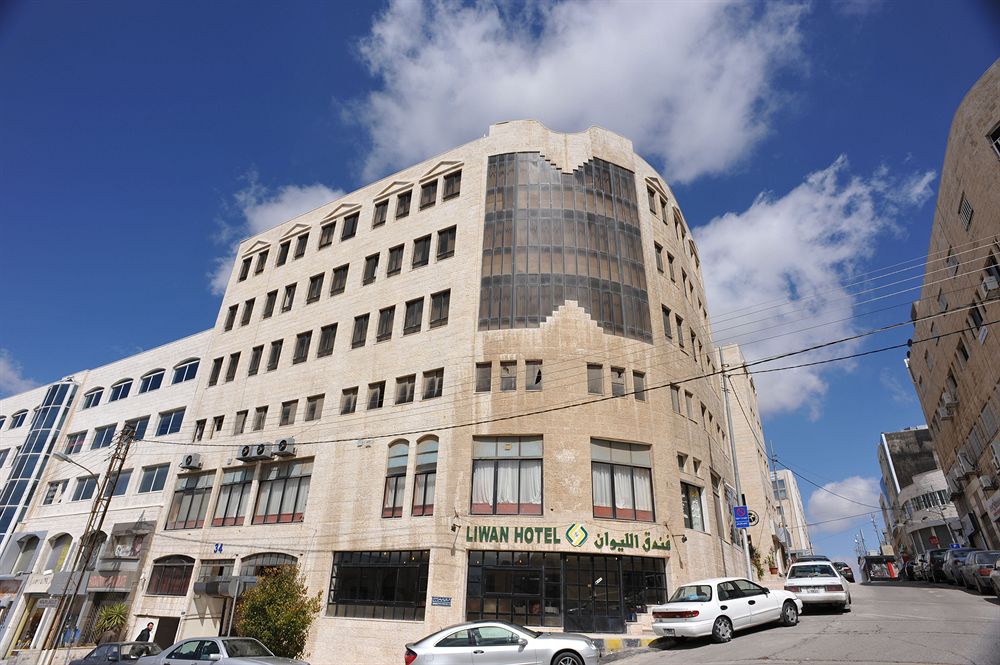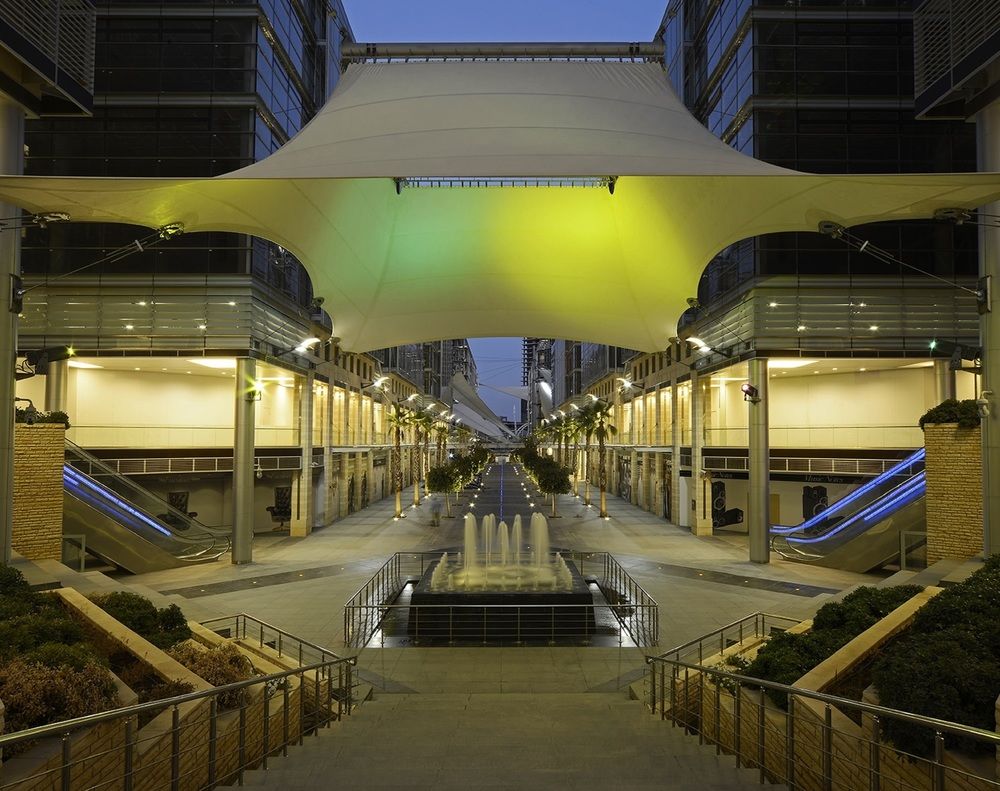
アンマンホテル検索結果
AIが見つけた軒のホテルの最安値をご覧ください。
ベストホテル
最安値のホテル
ホテル等級
AIおすすめ
アンマンベストホテル
アンマン 最低価格のホテル
最高評価のホテル
アンマンにある5つ星ホテル
アンマンにある4つ星ホテル
アンマンにある3つ星ホテル
AIがおすすめする世界の旅行先
アンマン近くのホテル情報
アンマン 旅行に欠かせない情報
“The capital within the desert”
Amman (English: ; Arabic: عمّان ʻammān pronounced [ʕamːaːn]) is the capital and most populous city of Jordan, and the country's economic, political and cultural centre. Situated in north-central Jordan, Amman is the administrative centre of the Amman Governorate. The city has a population of 4,007,526 and a land area of 1,680 square kilometres (648.7 square miles). Today, Amman is considered to be among the most liberal and modernized Arab cities. It is a major tourist destination in the region, particularly among Arab and European tourists.The earliest evidence of settlement in the area is a Neolithic site known as 'Ain Ghazal. Amman itself was built on the site of Iron Age "Rabbath Ammon", the capital of the Ammonites, and was known as "Philadelphia" during its Greek and Roman periods and finally as Amman. Abandoned for much of the medieval and post medieval period, modern Amman dates to the late 19th century when a new village developed in the ruins, with its municipal council created in 1909. It was initially built on seven hills but now spans over 19 hills combining 27 districts, which are administered by the Greater Amman Municipality headed by its mayor Yousef Al-Shawarbeh. Areas of Amman have gained their names from either the hills (Jabal) or the valleys (Wadi) they occupy, such as Jabal Lweibdeh and Wadi Abdoun. East Amman is predominantly filled with historic sites that frequently host cultural activities, while West Amman is more modern and serves as the economic center of the city.Approximately two million visitors arrived in Amman in 2014, which made it the 93rd most visited city in the world and the 5th most visited Arab city. Amman has a relatively fast growing economy, and it is ranked Beta− on the global city index. Moreover, it was named one of the Middle East and North Africa's best cities according to economic, labor, environmental, and socio-cultural factors. The city is among the most popular locations in the Arab world for multinational cor
 時間 UTC+03
時間 UTC+03 通貨 JOD
通貨 JOD 言語 Arabic, English
言語 Arabic, EnglishStaypiaだけの特別な特典
リアルタイムホテル最安値比較
AIが見つけたin アンマンの軒のホテルのリアルタイム最安値を簡単に比較検索できます。
316万軒のホテルを最安値で予約
最低価格に最大31%追加メンバーシップ割引でさらにお得にご予約いただけます。
自分だけの
AIがリアルタイムで更新するアンマン旅行情報で便利に旅行を準備しましょう。
よくある質問
一般的なホテルの場合、客室予約はキャンセル締切日前まで無料返金が可能です。キャンセル締切日以降は手数料が発生する場合がありますので、ホテルバウチャーまたはメニュー>マイ予約でキャンセル締切日をご確認ください。
ステピアでは、AIが収集した316万件のホテルの最安値はもちろん、会員限定の追加割引価格で人気ホテルを予約することができます。
